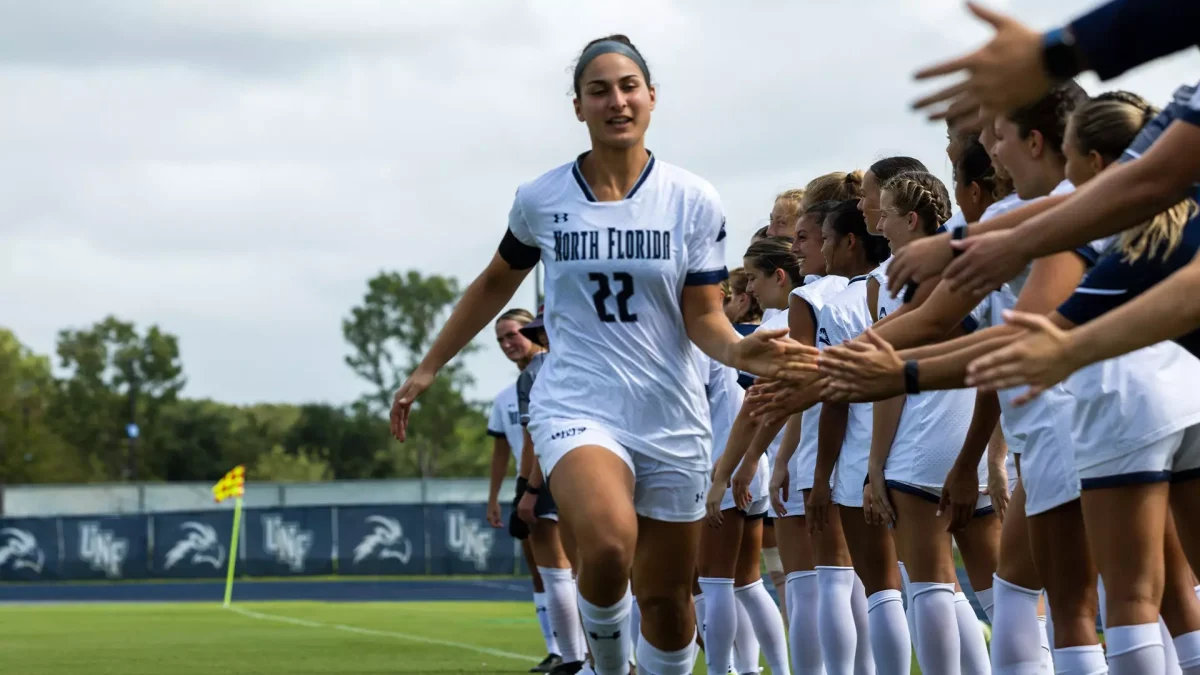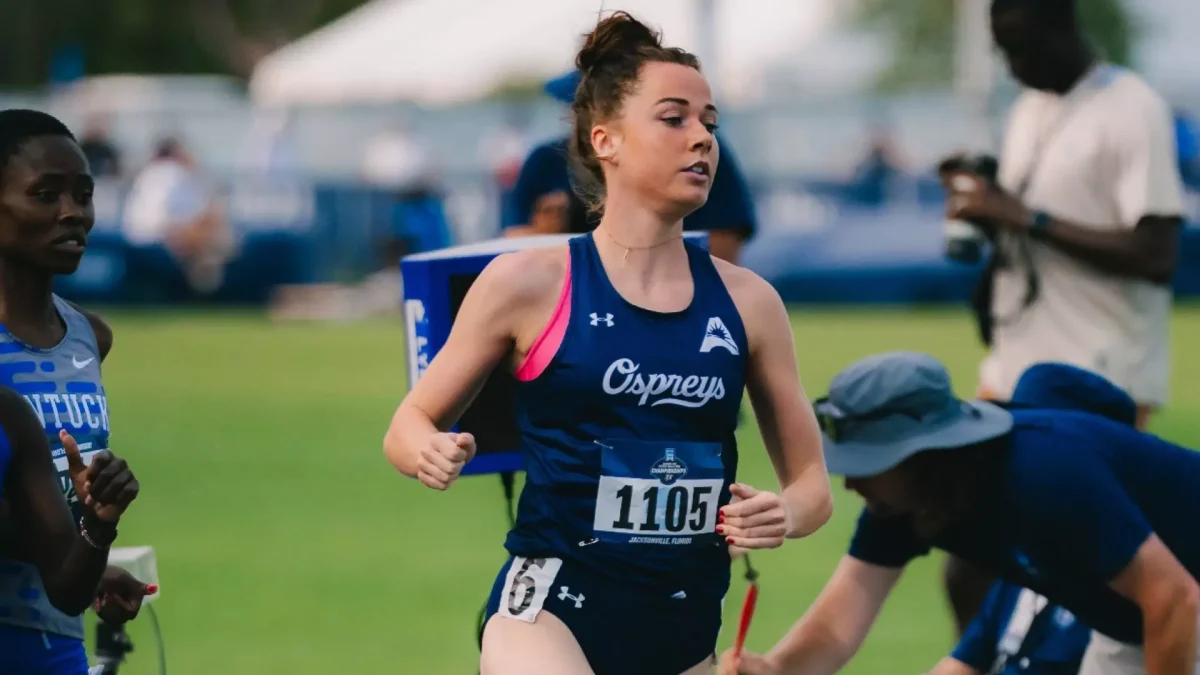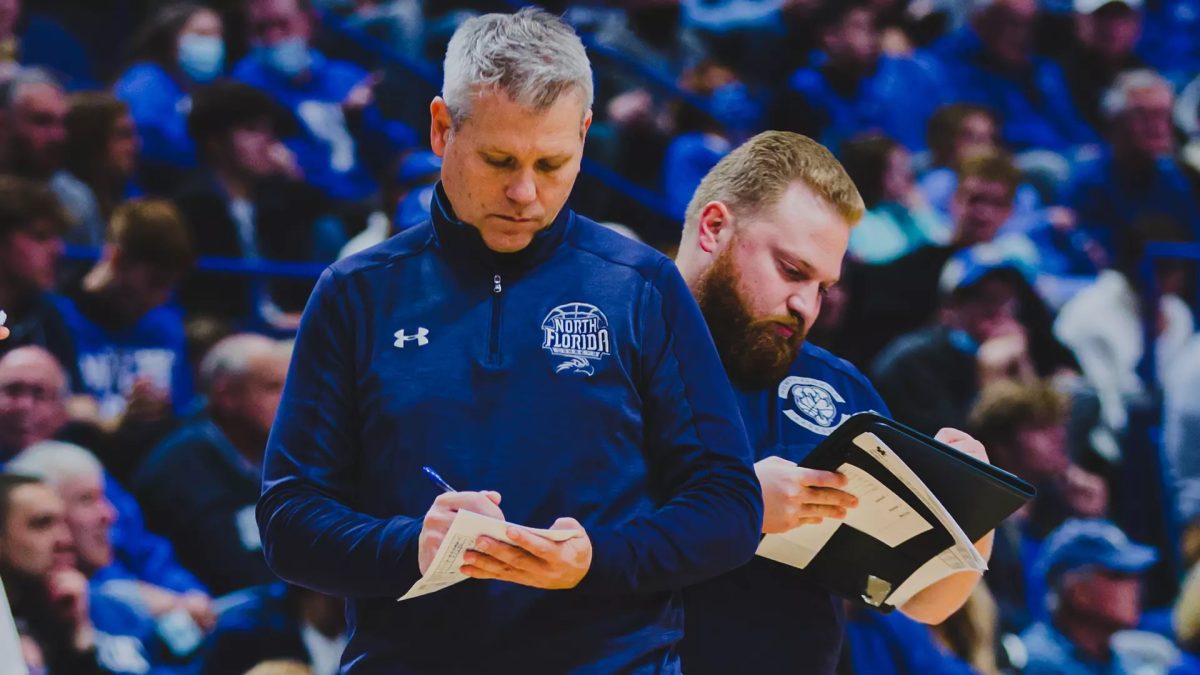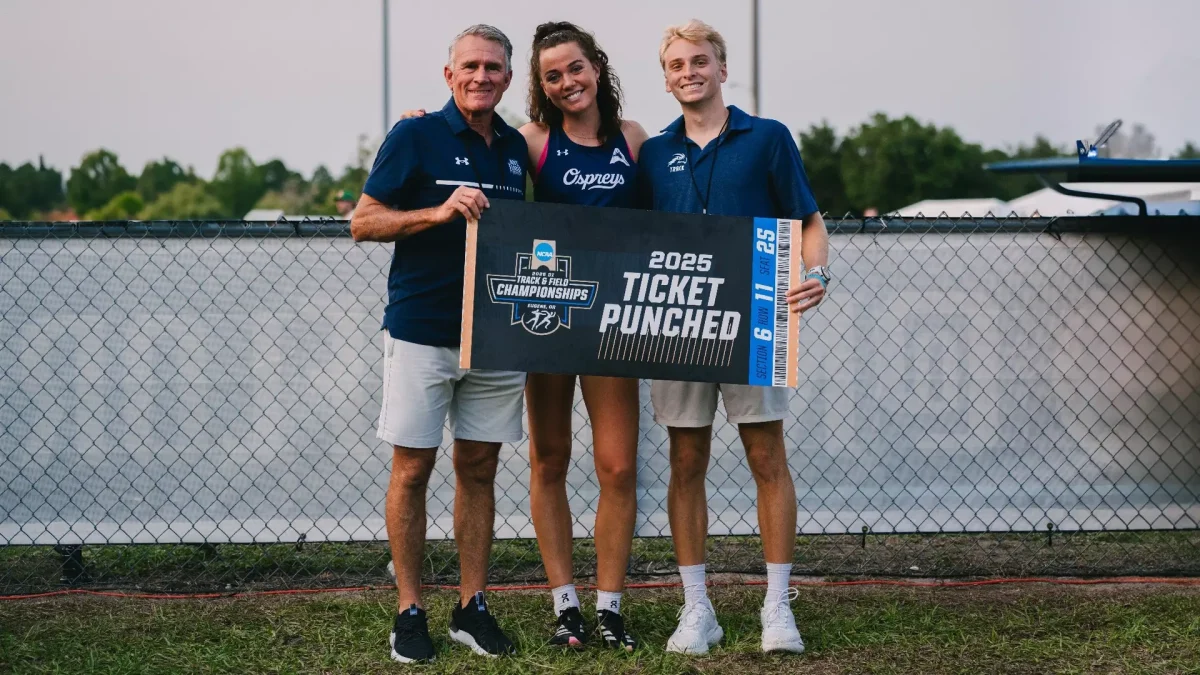Facebook Places challenges fellow geolocation services such as Foursquare and Booyah in the race for the top geolocation provider for marketing endeavors within campus communities and business advertising.
Facebook Places launched Aug. 18, allowing users to post their location, as well as other people’s location, online. And while geolocation websites such as Foursquare, Yelp and Booyah are not new to the Internet, Facebook has sparked the most skepticism.
Once users download Places’ free software update to their Facebook mobile application, they can “check in,” providing their Facebook friends with their coordinates.
Some experts agree geolocation services like Foursquare already have a practical use for education and campus decision makers, and Facebook Places may be next.
Student Union Director Justin Camputaro said he uses Foursquare as a viable source for marketing but may switch to Facebook Places.
“Foursquare, right now, is our focus. But we do a lot with Facebook, so if Facebook really expands their Places feature … we may shift our gears over to Facebook,” Camputaro said.
Foursquare is more oriented towards a facility owner, whereas Places is attended to allow friends to “check in” with one another, Camputaro said.
However, Camputaro said Facebook has the potential to “blow Foursquare out of the water.”
“If it does, we will go whichever way is trending,” he said. “We aren’t about forcing marketing down someone’s throats. We want to know what people are utilizing and make sure we are using those marketing tools. Right now it’s Foursquare.”
The American Civil Liberties Union (ACLU) of Northern California released a statement on its website shortly after Facebook Places was unveiled, criticizing the company for making it complicated for existing members to opt out of the program.
“Places allows your friends to tag you when they check in somewhere, and Facebook makes it very easy to say ‘yes’ to allowing your friends to check in for you. But when it comes to opting out of that feature, you are only given a ‘not now’ option, aka ask me again later,” the ACLU said. “’No’ isn’t one of the easy options.”
Facebook spokesman Barry Schnitt recently defended Places and said he’s “disappointed” in the ACLU.
“Facebook Places sets a new standard for user control and privacy protection for location information,” he wrote in a statement.
Some students have expressed concerns about users who may see it as a stalker’s best friend.
Allen Farrar, a UNF criminal justice junior, said the campus is too small, and he does not see a need for that type of service.
“There are people out there that would use it for bad things. I wouldn’t be in favor for it,” Farrar said.
Camputaro said it’s the user’s own choice to use these features or not.
“Privacy has to be on the user, for the most part. As long as they are setting up their own security protocols and making sure that they are educated on it,” he said.
Facebook has set up Places so that it is on by default, and users must make their way through the system’s privacy controls in order to turn it off.
Stefanie Jackson, a UNF coastal biology senior, condemned the new application and said the campus is much too small for any potential use by the school.
“You hear all about people Facebook stalking, and having a locator that’s going to tell them where you are, that’s kind of dumb. It would make it harder to lie, too,” Jackson said.
Jackson hopes students will stick with the usual means of congregation and said campus facilities do not need technology in order to track where students are.
“On this campus, it would not be that hard to do [tracking student hot spots]. All you have to do is walk around, and you can see where everyone is hanging out,” she said. “I don’t think they need to use a computer. They all hang out here at the Student Union.”
Other geolocation services such as TransLoc are already being utilized on campus and allow students with smart phones to track where shuttles are.
“Any opportunities that we have to utilize applications that are transmitted right to [a student’s] phone, we have to utilize as many of them as we can,” Camputaro said. “That’s the way of the future … it’s not even the way of the future, it’s here. It’s the way of the present.”















